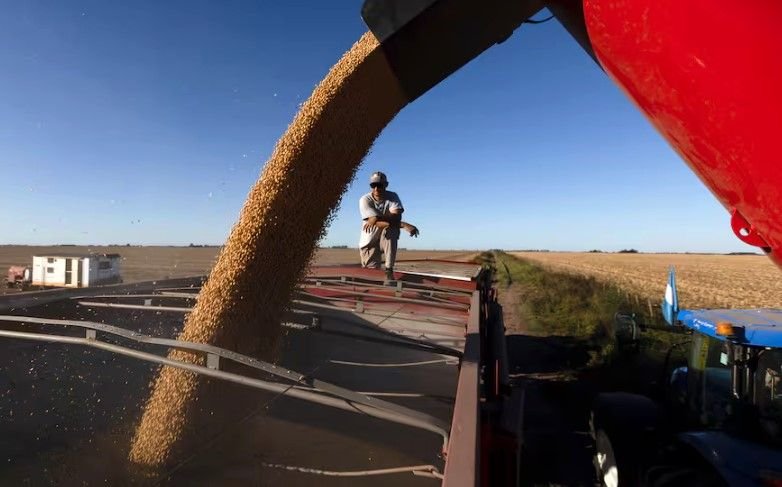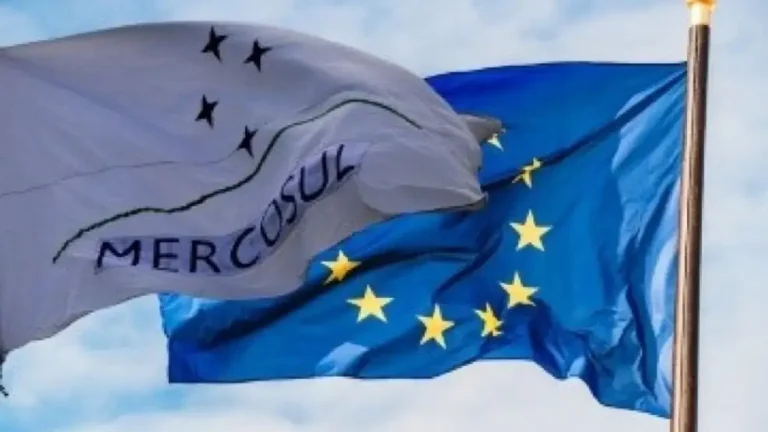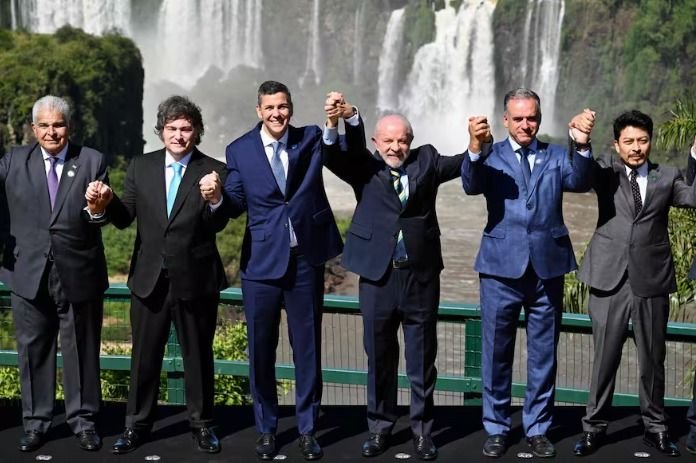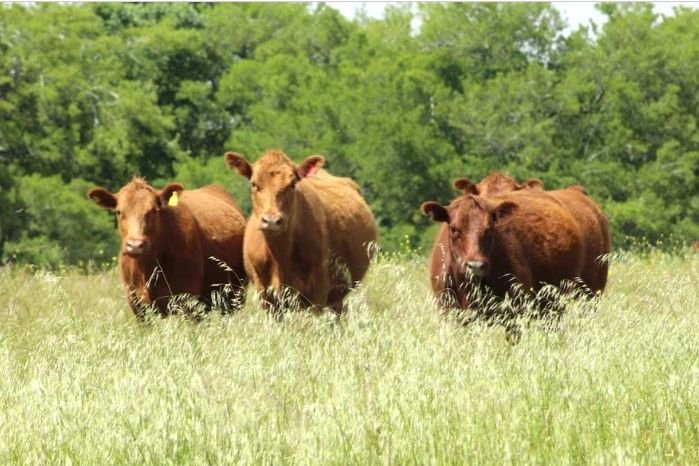- A sharp increase in agricultural product consumption is expected by 2034/2035, which poses challenges for Argentina.
At the Producir Conservando Foundation seminar held last week, it was highlighted that the development strategy proposed by the National Executive Branch (PEN), based on foreign trade growth, finds a favorable international scenario in the global demand for food and biofuels projected for the next decade by specialized agencies (USDA, FAO-OECD).
As detailed by Gustavo Oliverio and Gustavo López, global consumption of the main grains (corn, wheat, and soybeans) for the 2034/35 cycle will increase by approximately 250 million tons, to which approximately 40 million tons of soybean oil and meal will be added.
On the other hand, global meat consumption will grow by approximately 37 million tons, led by poultry consumption, which is projected to grow by 21 million tons, while beef consumption will grow by approximately 6 million tons. These increases will lead to increased global imports, providing significant opportunities for increased exports of Argentina's main exports.
Similar assessments apply to global biofuel trade. In both cases, current dollar prices projected for global exports will show a slight upward trend over the next decade.

Considering these exciting opportunities projected for global demand for food and biofuels, Argentina can substantially increase the value of its agroindustrial exports through various alternatives that, if the necessary institutional, macroeconomic, and commercial conditions are created—which were lacking in previous decades—will allow Argentina to surpass the trend values assigned to it in the projections of international organizations and achieve sustained growth.
Argentina can increase the value of its agroindustrial exports by more than $20 billion over a decade through a variety of options: i) productivity increases through the incorporation of available innovations that have enabled Brazil to record annual productivity growth rates more than double those of Argentina; ii) through the expansion of the agricultural frontier in areas that can still be incorporated with sustainable models; iii) adding local value to grain production for the export of meat or dairy products (similar to those done in Australia, Brazil, or the United States), or through grain and derivative processing alternatives with greater investment for the production of "biojet," with a very high unit value and high potential demand in the near future; iv) value-added strategies through various product differentiation alternatives (quality, sustainability, attributes such as organic or Halal products) and the respective certifications and brands, which are currently being implemented by successful countries in their foreign trade such as Australia, Chile, Malaysia and New Zealand, which have achieved average prices for their agricultural exports that are substantially higher than those of Argentina.
Definition
While the existing opportunities are very encouraging, the international landscape also poses significant challenges, given the uncertainties created by President Trump's trade policies, geopolitical and military challenges, climate change, and shifting consumption patterns.
These uncertainties mean that Argentina must define an international integration strategy based on competitiveness, market intelligence, and a high capacity to respond to changing scenarios.
In this regard, a review of the policies of successful countries shows that they have explicitly defined their international integration strategies, taking into account the specific demands of the main markets, based on close coordination between public institutions responsible for production, trade, foreign relations, science and technology, and finance, and private entities in the respective value chains. These entities, in turn, have significant financial resources guaranteed by law and are actively involved in promoting foreign trade and innovation activities.

This means that it is necessary to reach an inter-institutional political agreement to define a strategy for growth in agro-industrial production and foreign trade in coordination with the private sector. This strategy is based on strengthening specialized public and private entities and creating an economic and commercial environment for investment and improving the competitiveness of Argentine agro-industry, without discrimination compared to other sectors.
These institutional and contextual conditions must be created in the near future to constitute the starting point for the design and implementation of the international integration strategy, which includes an active agenda of negotiations for free trade agreements and other investment agreements with relevant countries (with which we do not yet have trade agreements), as well as a proactive public-private export promotion agenda, which will improve access and positioning of Argentine production in major international markets. The opportunities are there; we must create the context to take advantage of them efficiently, coordinating public and private activities.s. Las oportunidades están; hay que crear el contexto para aprovecharlas eficientemente, coordinando las actividades públicas y privadas.
The author is General Coordinator of the Group of Southern Producing Countries (GPS)
READ THE ARTICLE FROM LA NACIÓN



